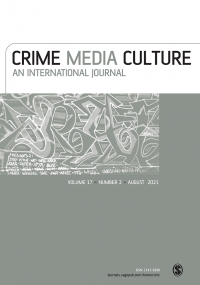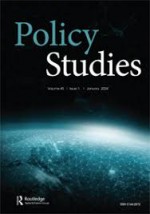COVID-19 and The Relentless Harms of Australia's Punitive Immigration Detention Regime

Calls for the urgent release of people seeking asylum, refugees and other non-citizens held in immigration detention centres began as soon as the magnitude and reach of the global health crisis associated with COVID-19 became clear. Public health organisations quickly identified detention centres, as sites of mandatory and often overcrowded social confinement, as extremely high risk places for both infection and onward transmission of COVID-19.
In Australia, before the end of March 2020, over 1180 health care professionals and epidemiologists called for the Government to release people from immigration detention, flatly stating that, ‘[f]ailure to take action to release people seeking asylum and refugees from detention will . . . put them at greater risk of infection (and possibly death)’ (SBS News, 2020).
Similar statements were made by the Australasian Society for Infectious Diseases, the Australian College of Infection Prevention and Control (Davis and Russo, 2020) and over 1100 Australian and international academics in an open letter to the Australian Government initiated by Academics for Refugees (Academics for Refugees, 2020). Common to all expert advice were warnings that a failure to take action would not only endanger the health and lives of those in detention, but would inevitably put the broader community at risk, since detention centres are porous locations with staff and other personnel frequently moving in and out of them.





